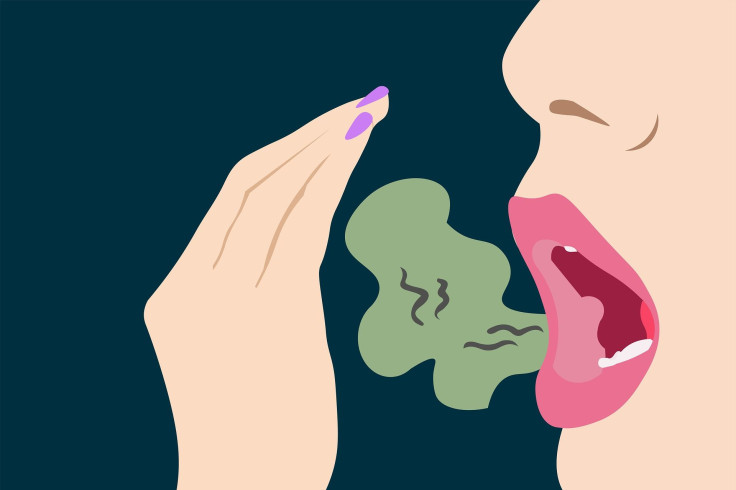Commercially Available Mouthwashes Can Reduce Risk Of Coronavirus Transmission, New Study Finds
KEY POINTS
- Some COVID-19 patients' oral cavity and throat contain high loads of SARS-CoV-2
- Commercially available mouthwash solutions can help reduce this viral load and prevent disease transmission
- This treatment can be very useful during dental procedures
Commercially available mouthwashes could have an effect on the novel coronaviruses and can help reduce the risk of COVID-19 transmission, a new study revealed.
The virologists from Ruhr University, Germany, conducted cell culture experiments and demonstrated SARS-CoV-2 viruses can be inactivated with the help of certain commercially available mouthwash preparations.
High viral loads could be detected in the throat and oral cavity of some COVID-19 patients. Therefore, mouthwashes that are effective against the novel coronavirus could help reduce the viral load and might possibly even decrease the risk of disease transmission.
The authors believed this could be very useful, especially prior to dental check-ups and treatments. They also highlighted mouthwashes cannot treat or protect people against COVID-19 infections.
The virologists tested eight different commercially available mouth rinse products with different ingredients that are available in drugstores in Germany. They mixed each of the mouthwash solutions with viral particles and an interfering substance that recreated the effect of saliva in the mouth.
The mixture was then shaken for 30 seconds to simulate the effect of gargling and then Vero E6 cells, receptive to the novel coronavirus, were used to find out the virus titer.
The researchers also treated the virus suspensions with cell culture medium instead of mouthwash before adding them to the cell culture.
While all of the tested mouthwash preparations reduced the initial virus titer, three of them showed all viruses were eliminated within 30 seconds.
The researchers believe further studies can confirm this effect in clinical practice and find out how long the effect might last.
“Gargling with mouthwash cannot inhibit the production of viruses in the cells, but could reduce the viral load in the short term where the greatest potential for infection comes from, namely in the oral cavity and throat – and this could be useful in certain situations, such as at the dentist or during the medical care of Covid-19 patients,” the study’s lead researcher Toni Meister told Ruhr University, Bochum.
The findings of the study have been published in the Journal of Infectious Diseases.

© Copyright IBTimes 2024. All rights reserved.












